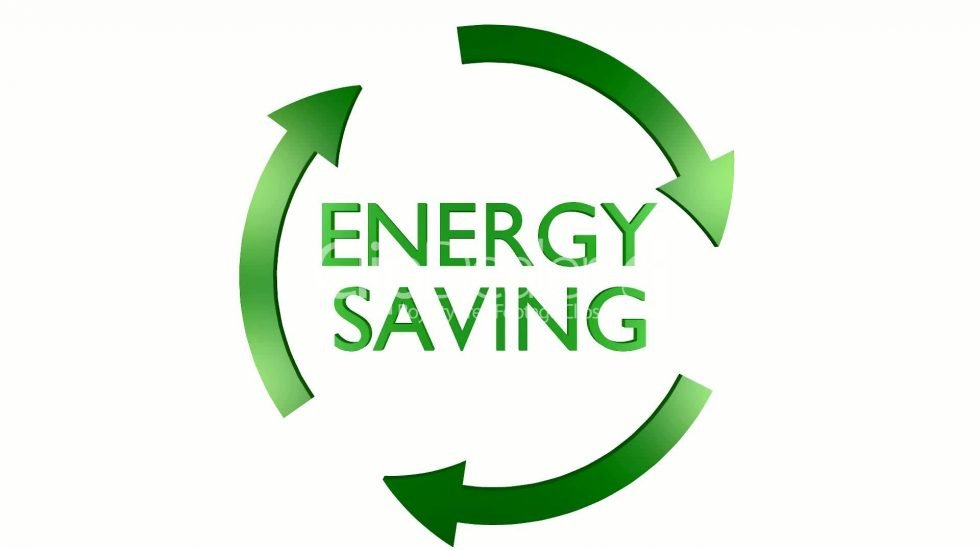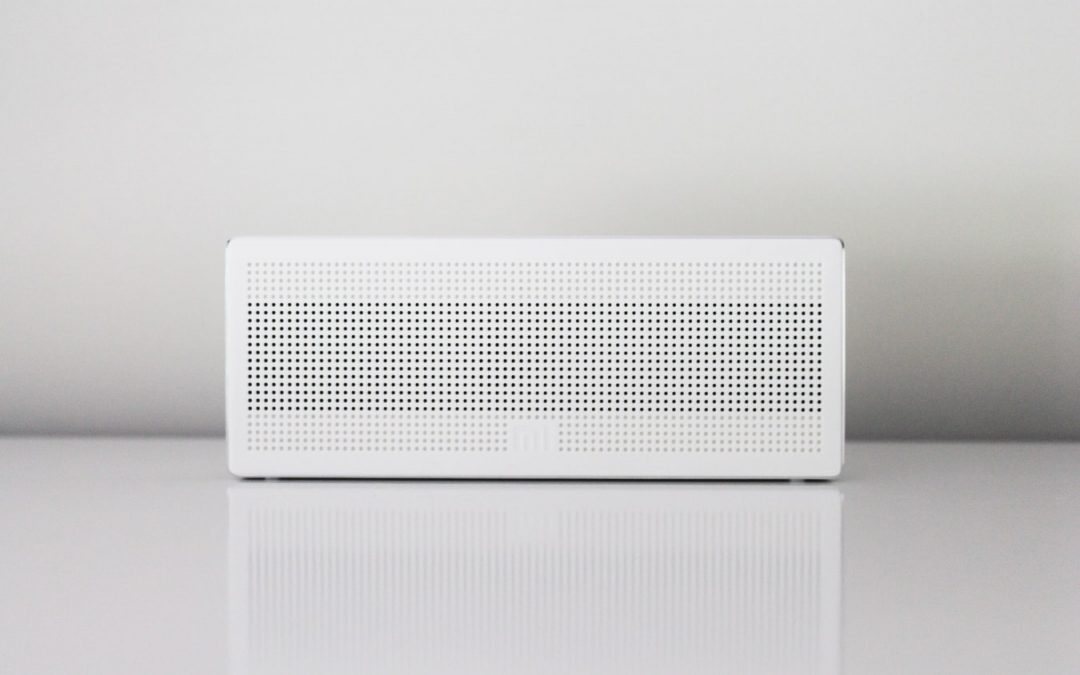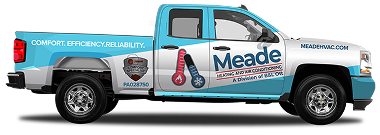Air Conditioner Making Whistling Noise
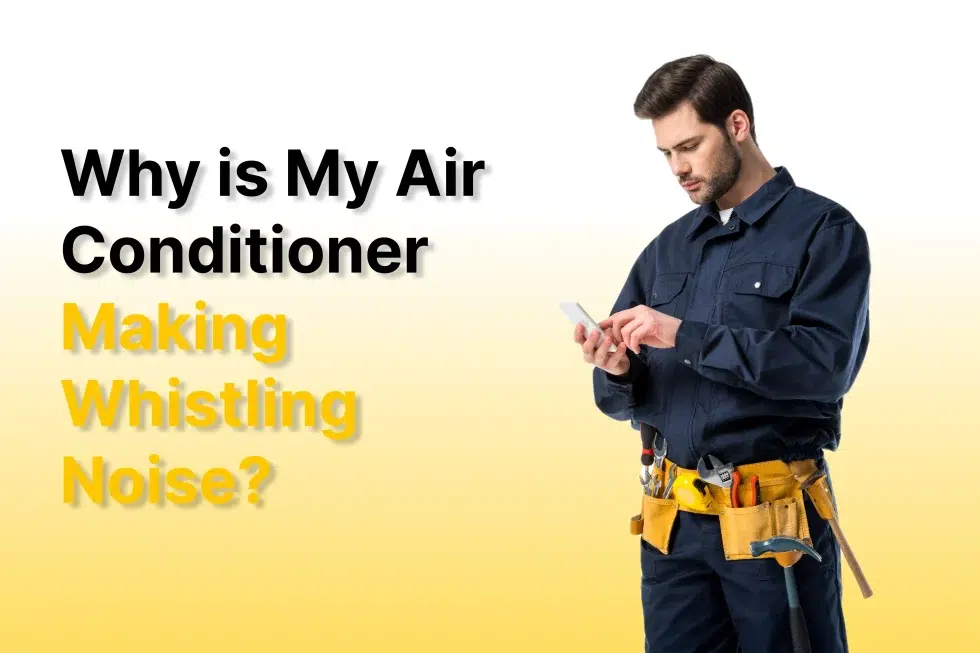
You’re not alone if you’ve noticed an unsettling whistling noise from your air conditioner. This sound can be rather concerning, but understanding its cause is the first step toward finding a solution. Several factors can cause your AC to whistle. Addressing unusual noises in air conditioners is of utmost importance for several reasons. First and foremost, these noises are often indicators of underlying problems within the system. Ignoring them can lead to more significant and costly issues down the line. By promptly addressing these unusual sounds, homeowners can prevent potential breakdowns and avoid expensive repairs.
Regular maintenance helps extend the lifespan of your AC unit, maximizes its performance, and provides peace of mind. Moreover, unusual noises can be disruptive and affect the overall tranquility of your living space. By taking action with help from Meade HVAC, you can enjoy a quieter and more relaxing atmosphere.
Understanding the Whistling Noise
When your HVAC system starts making a whistling noise, it can be a rather peculiar and unsettling experience. The sound is often characterized by a high-pitched, shrill tone, reminiscent of a whistle or a flute. It may vary in intensity and duration, sometimes occurring intermittently and at other times constantly.
Differentiating between normal and abnormal noises in air conditioners is essential for homeowners to ensure the efficient functioning of their system. Being able to differentiate between these sounds can help identify potential issues and prevent costly repairs in the long run. Normal noises in an air conditioner include a low humming sound and a gentle whoosh of air as it circulates. These sounds are typically consistent and should not be cause for concern. However, abnormal noises can manifest as rattling, clanking, grinding, or high-pitched whistling. These sounds are often indicators of underlying problems.
Some common culprits behind a whistling sound coming from your AC include:
- Blocked or Restrictive Airflow
- Refrigerant Leaks
- Issues with the Blower Fan
- Ductwork Problems
- Dirty or Faulty Components
By identifying the specific cause of the whistling noise, you can take appropriate measures to resolve the issue.
Potential Causes of Whistling Noise in Air Conditioners
Whistling noises in air conditioners can be attributed to several potential causes. These include clogged air filters, misaligned fan blades, refrigerant leaks, faulty blower motors, ductwork issues, and high static pressure, among others. Identifying and addressing these underlying issues promptly can ensure the smooth and efficient operation of your air conditioner.
Blocked or Restrictive Airflow
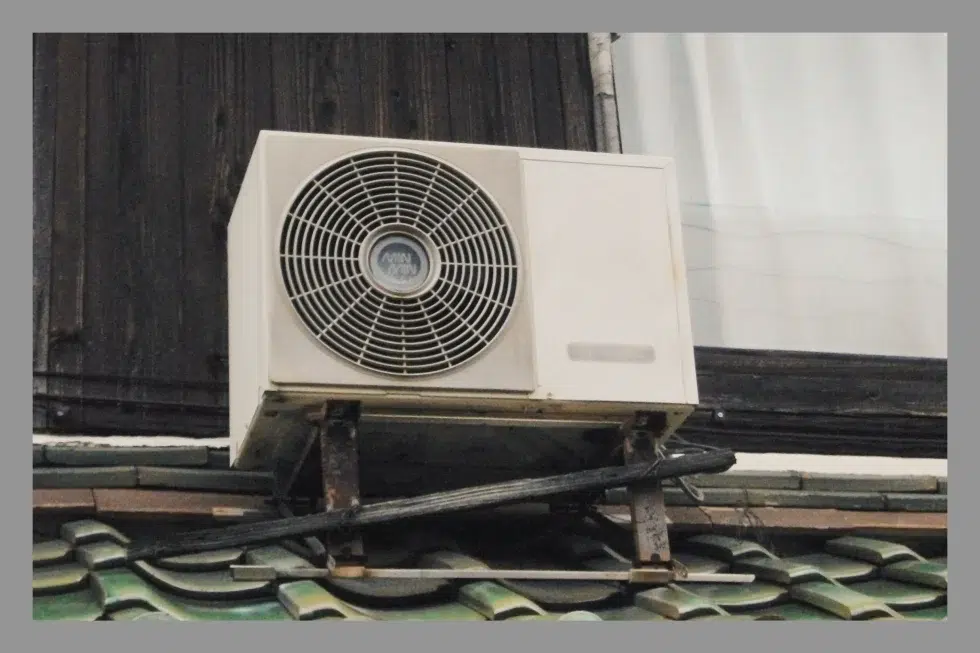
Blocked or restricted airflow can be a common culprit behind the whistling noise in air conditioners. Several factors can contribute to this issue, starting with clogged air filters. When air filters become dirty and congested with debris, they hinder the smooth flow of air through the system, leading to turbulence and producing that annoying whistling sound. Moreover, obstructions in the vents and registers can also disrupt the proper circulation of air, causing it to rush through at higher speeds and creating a whistling noise.
Another potential cause is a blocked outdoor unit. Accumulated debris, leaves, or other objects around the outdoor unit can impede the airflow, leading to pressure imbalances and causing a whistling sound. To mitigate these issues, use regular maintenance, such as cleaning or replacing air filters, clearing obstructions around the outdoor unit, and cleaning vents and registers.
Refrigerant Leaks
When the refrigerant lines or valves spring a leak, it can lead to a variety of issues and can also lead to a whistling noise. This noise arises due to pressure imbalances within the system as the refrigerant escapes through leaks in the coils or connections. Recognizing whistling sounds as a potential indicator of refrigerant leaks is crucial, as these leaks not only compromise cooling efficiency but can also be harmful to the environment.
Refrigerant leaks are a serious problem that needs to be addressed as soon as possible by a trained Meade HVAC professional. Refrigerant is hazardous to work with and leaks can seriously damage your system if not addressed promptly.
Issues with the Blower Fan
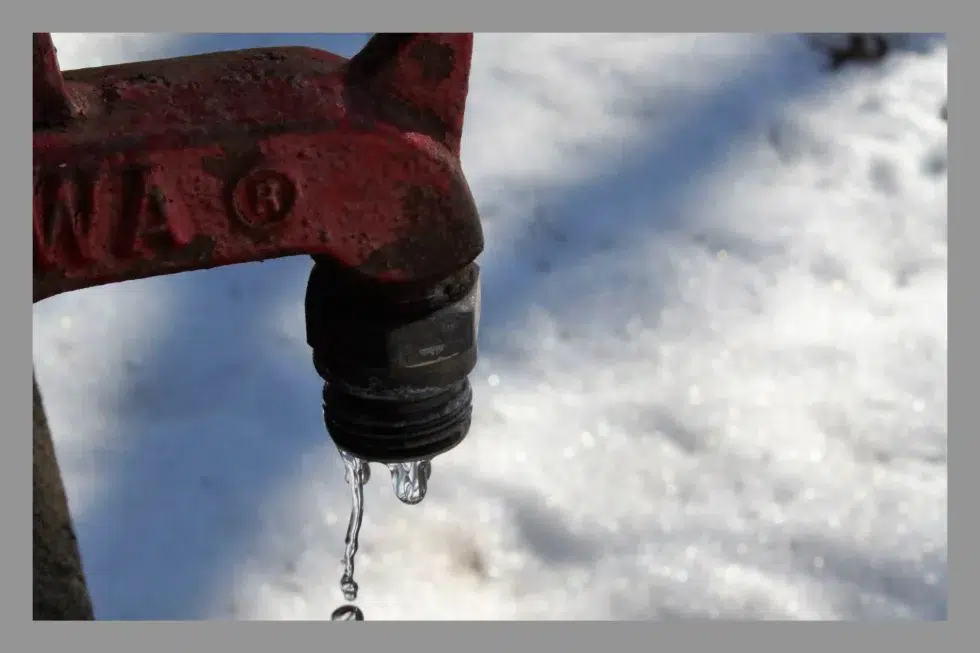
When the refrigerant lines or valves spring a leak, it can lead to a variety of issues and can also lead to a whistling noise. This noise arises due to pressure imbalances within the system as the refrigerant escapes through leaks in the coils or connections. Recognizing whistling sounds as a potential indicator of refrigerant leaks is crucial, as these leaks not only compromise cooling efficiency but can also be harmful to the environment.
Refrigerant leaks are a serious problem that needs to be addressed as soon as possible by a trained Meade HVAC professional. Refrigerant is hazardous to work with and leaks can seriously damage your system if not addressed promptly.
Issues with the Blower Fan
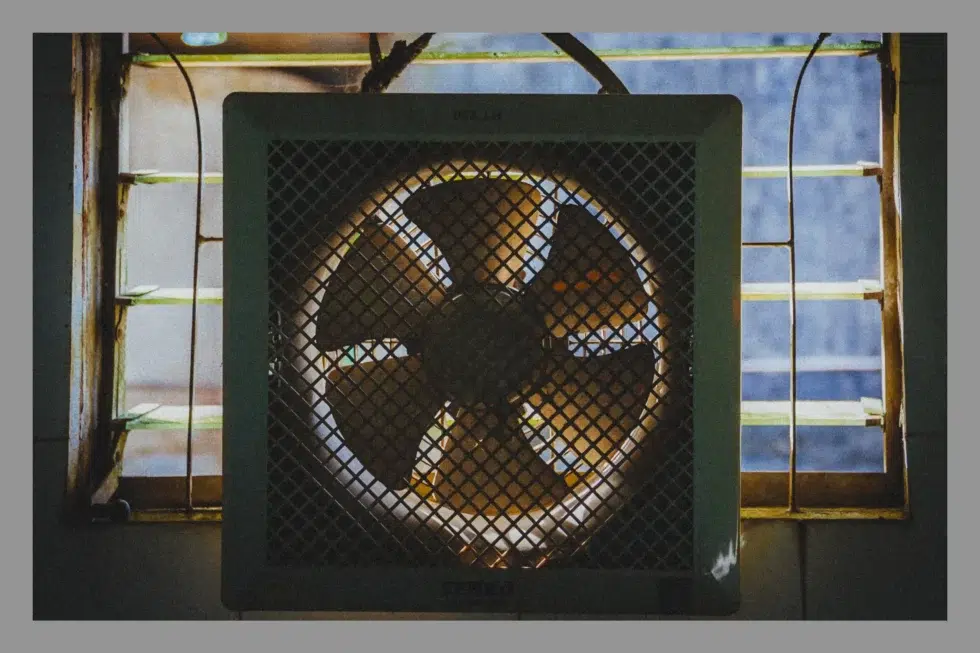
Another common cause is loose or damaged fan blades. When fan blades become loose due to wear and tear or improper maintenance, they can vibrate and create a whistling sound as they spin.
An imbalanced fan can contribute to the problem. An imbalanced fan generates uneven air circulation, leading to disturbances in the airflow and causing the whistling noise. It is crucial to address these issues promptly to avoid further damage to the fan motor and other components.
Ductwork Problems
Blocked or restricted airflow within the air ducts can result in bothersome whistling noises. Two factors that contribute significantly to this issue are leaky ducts and poorly designed or improperly sized ducts. Leaky ducts can cause air to escape, and reduce the amount of conditioned air that reaches your living spaces. This leads to turbulent airflow, which manifests as whistling sounds.
Additionally, poorly designed or improperly sized ducts can create excessive air pressure, forcing air through narrow passages and generating whistling noises. These duct-related problems not only compromise the efficiency of your HVAC system but also waste energy.
Dirty or Faulty Components
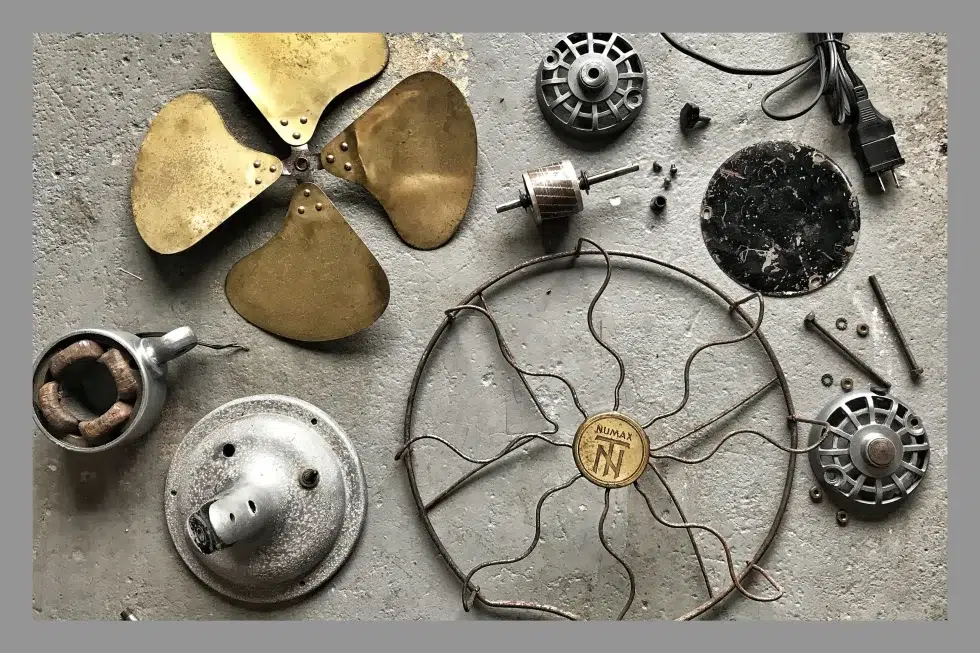
There are various reasons why dirty and faulty components can lead to your air conditioner making a whistling noise. One common factor is the accumulation of dust and debris within the system. Over time, dust can build up on components like fan blades, coils, and filters. This impedes the smooth flow of air and causes turbulence that makes a whistling sound.
Additionally, worn-out or damaged components can contribute to the problem. As the air conditioner ages, components like belts, bearings, and motors may wear down or suffer damage. This affects the movement of air through the system and generates a whistling noise. Timely replacement or repair of these worn-out parts can restore optimal airflow and eliminate the whistling sounds.
Troubleshooting and Diagnosis
There are some tasks you can perform yourself when you start troubleshooting your HVAC system, however, some fixes require a Meade HVAC professionals touch.
Precautions Before Troubleshooting
Before troubleshooting an air conditioner that is making a whistling noise, it’s essential to take some precautions to ensure your safety and prevent further damage. Firstly, turn off the air conditioner and disconnect it from the power supply to avoid any electrical hazards. Secondly, let the system cool down for a while to avoid accidental burns from hot components.
You should also wear appropriate personal protective equipment, such as gloves and safety goggles, especially if you plan to inspect or clean any parts of your system. If you have any hesitations or uncertainties about how to proceed, it’s best to call on Meade HVAC for assistance.
Step-by-step Guide to Identifying the Source of the Whistling Noise
Identifying the source of the whistling noise in an HVAC system requires a systematic approach.
- Start by turning off the air conditioner and listening carefully to locate the direction of the sound. Check for any visible obstructions or debris around the outdoor unit and clean the area if necessary.
- Inspect the air filters, vents, and registers for any blockages or dirt that may be restricting airflow. If the noise persists, examine the fan blades for signs of damage or misalignment.
- Check the ductwork for leaks or improper design that may be causing the whistling noise. If all these steps fail to pinpoint the issue, it’s best to seek the expertise of a Meade HVAC professional.
When to Call a Professional HVAC Technician
Calling a professional HVAC technician is necessary when your HVAC system continues to make a whistling noise despite basic troubleshooting efforts. If you are unable to identify the source of the noise or lack experience in HVAC maintenance and repairs, it’s best to seek expert assistance. A qualified technician has the knowledge and tools to diagnose complex issues accurately, address any potential safety concerns, and ensure the proper functioning of your air conditioning system.
Preventive Measures
If you want to save time, headaches, and money, you can take precautions to avoid the issue of a whistling HVAC.
Regular Maintenance
Preventative maintenance plays a crucial role in avoiding the problem of a whistling HVAC system. Regular inspections and cleaning of air filters, vents, and ductwork help prevent blockages and ensure smooth airflow, reducing the likelihood of whistling noises. Additionally, professional maintenance allows technicians to detect and address potential issues, such as loose fan blades or worn-out components, before they escalate into significant problems.
Air Filter Replacement
Regular air filter replacement is a simple yet effective way to avoid the problem of a whistling HVAC system. When air filters are clogged or dirty, they restrict the flow of air, causing turbulence and leading to whistling noises. By replacing air filters as recommended by the manufacturer, typically every one to three months, homeowners can ensure proper airflow and prevent the occurrence of whistling sounds.
Keeping the Outdoor Unit Clear
Keeping your outdoor unit clean is vital in preventing the problem of a whistling HVAC system. Accumulated debris, such as leaves, dirt, or grass clippings, around the outdoor unit, can obstruct airflow and cause pressure imbalances that lead to whistling noises. Regularly cleaning the area around the outdoor unit and ensuring it remains clear of any obstructions helps maintain proper airflow.
Duct Inspection and Sealing
Air duct cleaning and sealing are essential steps in avoiding the problem of a whistling HVAC system. Over time, dust, debris, and even mold can accumulate within the ductwork, causing airflow restrictions and resulting in whistling noises. Regular air duct cleaning removes these obstructions, ensuring smooth airflow and preventing the occurrence of whistling sounds. Additionally, sealing any leaks or gaps in the ductwork helps maintain consistent airflow and prevents pressure imbalances that could lead to whistling noises.
Professional Repairs and When to Seek Help
While doing some tasks can help you save money, there are times when the job requires a Meade HVAC professional’s touch.
Indications That Professional Assistance is Needed
If your air conditioner continues to produce a whistling noise despite basic troubleshooting attempts, it’s a clear indication that you need a professional’s help. Additionally, if you are unsure about the source of the whistling sound or lack the necessary knowledge and tools for HVAC repairs, seeking expert assistance is essential. A qualified Meade HVAC technician can accurately diagnose the underlying issues, address them effectively, and ensure the safe and efficient functioning of your air conditioner.
Choosing a Reliable HVAC Technician or Company
When choosing the right HVAC contractor, it’s crucial to do your research and consider several factors. Look for contractors with proper licensing, insurance, and certifications, as these indicate professionalism and competence. Check online reviews and ask for references to gauge the contractor’s reputation and customer satisfaction.
You can also get multiple quotes and compare the services offered, warranties provided, and pricing to ensure you’re getting the best value for your HVAC needs. Ultimately, choosing a reputable and experienced HVAC contractor will give you peace of mind and confidence in the quality of service and workmanship they provide.
Avoiding Common Scams In the HVAC Industry
To avoid scams in the HVAC industry, it’s essential to be vigilant and follow a few guidelines. Always deal with reputable and established HVAC companies with a verifiable track record. Beware of contractors who offer unusually low prices or demand large upfront payments. Get written estimates and contracts detailing the scope of work and costs. Never be pressured into making immediate decisions, and always ask for references. Read some online reviews to ensure the contractor’s legitimacy. Lastly, be cautious of contractors who insist on unnecessary repairs or replacements. Staying informed and asking questions will help protect you from falling victim to scams.
Need Help Give? Give a Little Whistle to Meade HVAC
Understanding the potential causes of a whistling noise in your air conditioner is essential for maintaining a cool and serene indoor environment. Blocked or restricted airflow, due to factors such as clogged air filters, misaligned fan blades, leaky ducts, or improperly sized ducts, can lead to this annoying sound. Addressing these issues promptly through regular maintenance and seeking professional help when needed will not only resolve the whistling noise but also ensure the optimal performance and efficiency of your HVAC system. Whether you need help repairing your air conditioner or want to schedule maintenance with Meade HVAC, you can give us a whistle at 610-458-8706.


